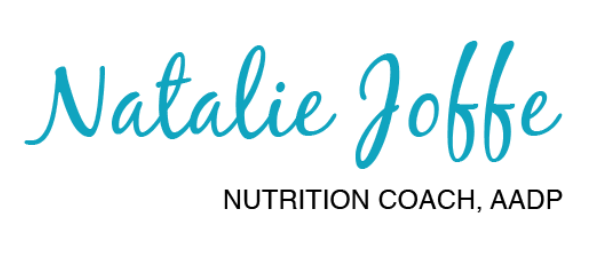Do you find that you start the week having good intentions around cooking but then run out of time or energy and end up feeling frazzled and opting for options that don’t feel the best? Do you buy fresh veggies on Sunday only to find them still in your fridge in Friday looking wilted and sad? You are not alone! Developing a meal planning routine is a common challenge.
One of the reasons is that diet culture sets us up for failure with its expectations:
1) You should home-cook all your meals, especially dinners.🍽
2) You should enjoy cooking and be good at it. 👩🍳
3) You should have a solid grocery shopping and meal prepping routine. 🛒
4) Ordering food in or utilizing pre-made meals is bad. 🚫
If you don't follow these rules, you aren't being as healthy as you should be, and you need to just try harder.
👇🏻👇🏻👇🏻👇🏻
Real Life:
News flash >> Our energy and inspiration levels are going to vary day to day. 🧘🏻♀️
Some days you will be running at 100% and maybe meal prep and cooking on these days feels easy and enjoyable. This does not mean that it should or will feel this way all the time. Just because you can do something one day or week, doesn't mean that will work for you the following day or week.
How to create a sustainable relationship with meal planning:
1) Honor and accept that our energy, time, and inspiration levels will fluctuate.
2) Do an honest assessment of what your unique high, medium and low capacity levels look like. Cooking a recipe from scratch might not ever be a part of your high energy level, and that's okay. Everyone is different.
3) Take some time and figure out meal options and resources that fit each level for you. Pay attention to any judgments that might pop up such as "Frozen meals are "bad" for you." OR "I am being lazy if I order food online." Challenge these diet culture beliefs. Utilizing tools like food delivery services and pre-made foods can be a great strategy to help take care of yourself. 💪🏻😎
By having strategies for each level available ahead of time, you will feel more responsive versus reactive and physically end up feeling better after meals.


